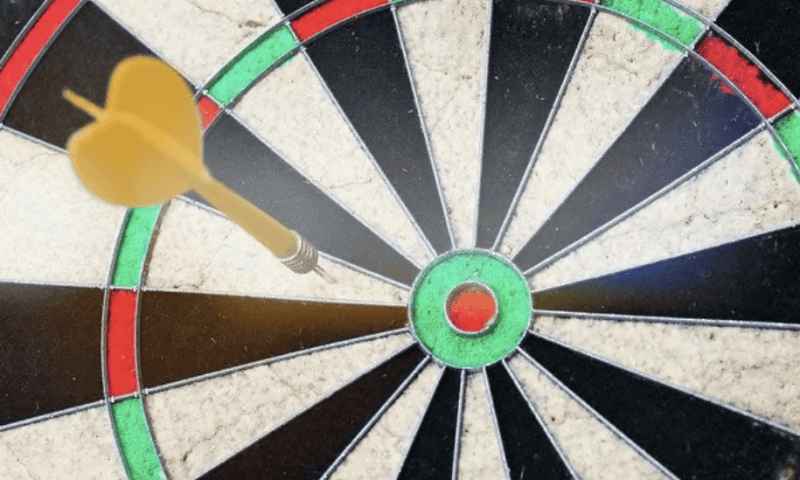Xenon Pharmaceuticals’ phase 2 major depressive treatment did not show a statistically significant reduction in depression symptoms, failing a phase 2 trial. But management seems largely undeterred by the molecule’s wider prospects.
While patients who received 20 mg of a KV7 Potassium Channel Opener called XEN1101 had a reduction in depression symptoms as measured by the Montgomery-Åsberg Depression Rating Scale, it wasn’t a statistically significant drop compared to placebo, the company reported Monday. The scale rates 10 depression symptoms on a scale of 0 to 6, with 60 being the highest total score. Patients receiving the 20 mg dose had a roughly 3-point greater drop in symptoms compared to placebo at the six-week mark, with a p-value of 0.135.
Xenon executives highlighted that the drug seemed to have an early effect after one week of treatment, with 20 mg-treated patients notching a 2.66 reduction in symptoms compared to placebo. Executives also noted a statistically significant change in depression as measured by the Hamilton Depression Rating Scale, and improvements in the ability to feel pleasure as measured by the Snaith-Hamilton Pleasure Scale, a secondary endpoint in the trial. There was clinically meaningful weight gain among treated patients and no serious adverse events were reported among patients given XEN1101.
The murky results meant Xenon’s management was relatively nondescript in their assessment of future depression plans. Change in depression symptoms will be tacked on as exploratory endpoints to ongoing late-stage trials testing XEN1101 as a treatment for focal onset seizures. A larger major depression trial seems less certain.
“I think we’ve been clear both in the prepared remarks and in the press release, we’re excited about the opportunity to continue to evaluate where else we could take XEN1101,” CEO Ian Mortimer said on a call with investors this morning. The biotech has been looking at how to broaden the drug’s use beyond seizures and Mortimer suggested this data support assessing it in other psychiatric conditions.
Investors appeared convinced by the company’s rationale with shares rising 12% to over $32 in the first hour of trading from a Friday close of $28.94.
Xenon’s value runs through epilepsy, where it has two parallel phase 3 trials running. The company expects enrollment to be completed in one of the two trials, X-TOLE2, in the second half of 2024. Xenon is still looking to bounce back after a Neurocrine-partnered seizure med failed a phase 2 study earlier this month and was discontinued as a treatment for focal onset seizures.
The company is on track to have plenty of money to fund the continued development of XEN1101 in seizures and beyond, with $639.1 million in cash and equivalents expected to last into 2026.

